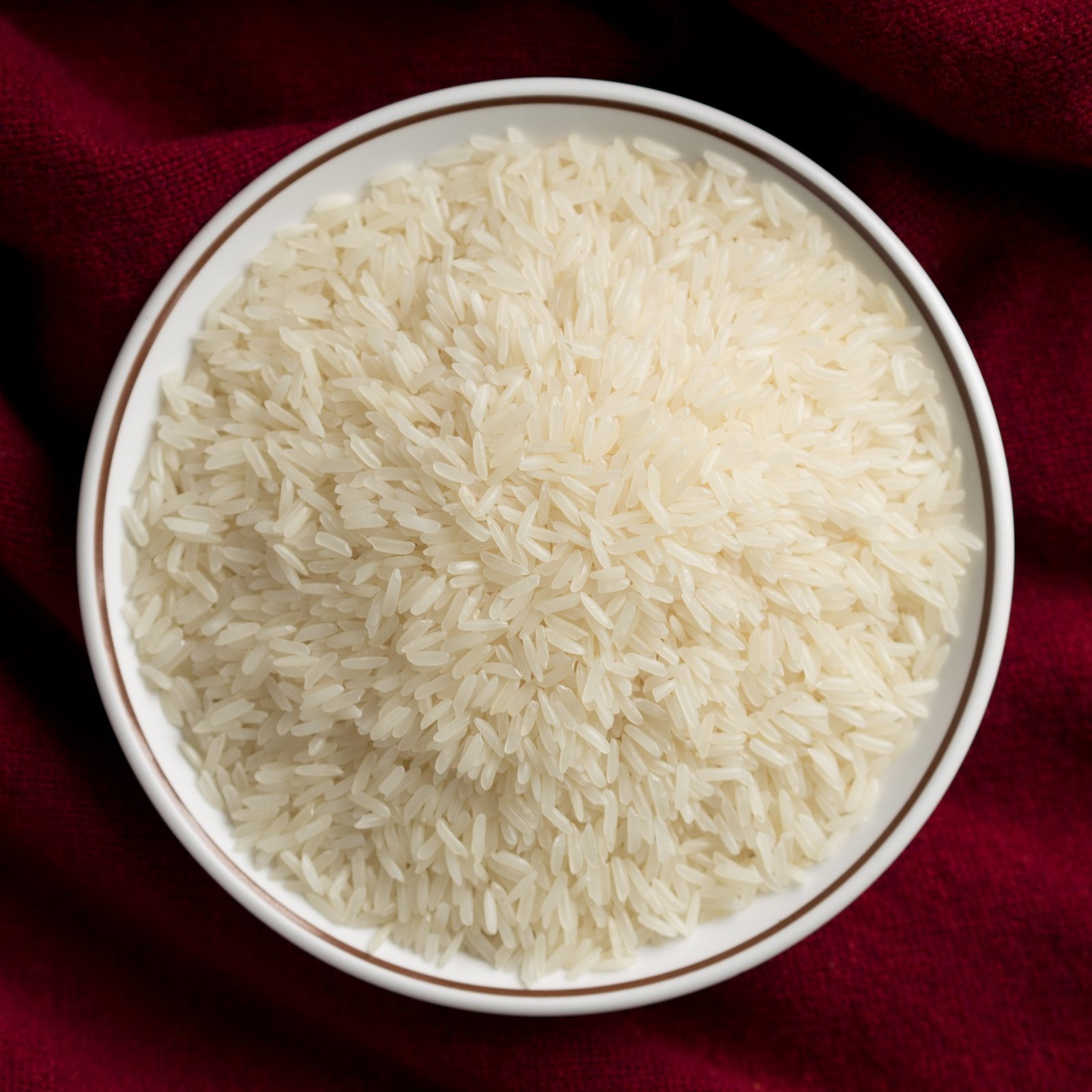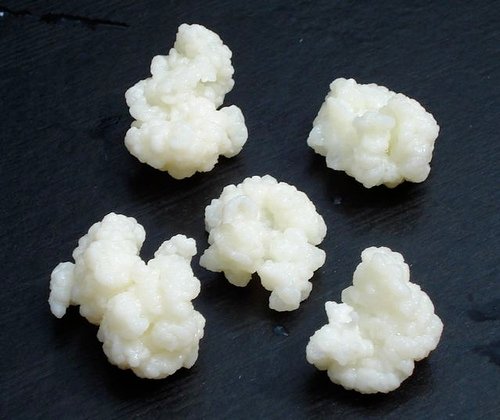Friday, 27 February 2026

June 29, 2017 | Science News
NUS researchers create a healthy beer
This new specialty beer incorporates the probiotic strain Lactobacillus paracasei L26, which was first isolated from human intestines and has the ability to neutralize toxins and viruses, as well as…

June 28, 2017 | China
Chinese researchers develop engineered rice
The resulting purple endosperm rice holds potential for decreasing the risk of certain cancers, cardiovascular disease, diabetes, and other chronic disorders. Researchers in China have developed a genetic engineering approach…

June 22, 2017 | China
Antioxidant boost by Tibetan Kefir grains
Measures to identify and develop the antioxidant abilities of probiotics would continue to be thoroughly investigated. The probiotic strain L. plantarum MA2 from traditional Tibetan kefir grains has significant antioxidant…

June 14, 2017 | Science News
Mérieux NutriSciences expands its footprint in India
Mérieux NutriSciences have completed their acquisition of Bangalore Testing Laboratories Pvt Ltd., which is an independent testing laboratory located in Bangalore, Southern India. With this acquisition we are significantly strengthening…

May 30, 2017 | Science News
Maggots aid in recycling food waste in China
In a farm in southwestern China, thousands of white maggots wiggle while tearing through trayfuls of leftover meat, vegetables and fruits. It may not be a pretty sight, but the…

May 29, 2017 | Korea
Asian medicinal herb reduces inflammation
The healing properties of the herb are likely due to its sulphur and phenolic compounds along with phytosterols and vitamin C components. Researchers at the Chonbuk National University in Korea…

May 26, 2017 | Science News
New appetite-regulating hormone found
The discovery of NPGL by Professor Kazuyoshi Ukena shows that hunger and energy consumption mechanisms are even more complex. Researchers at Hiroshima University have discovered a molecule that can increase…
Technology
Ingredion Thailand Achieves 100% Sustainably Sourced Cassava
Feb 27, 2026 | Company News
Deakin University and Bellarine Foods Partner to Develop Sustainable Marine-Derived Proteins
Feb 26, 2026 | Australia
Royal Unveils Refreshed Jute Bag Design for 20lb Authentic Basmati
Feb 25, 2026 | Company News
Food Testing
Australian Medical Bodies Push for Compulsory Health Star Labelling
Feb 24, 2026 | Australia
Tim Hortons Singapore Secures Majlis Ugama Islam Singapura Halal Certification Ahead of Ramadan
Feb 23, 2026 | Company News
More Popular
Beyond Meat Broadens Portfolio Beyond Protein with Sparkling Plant-Based Drink Line
Feb 27, 2026 | Beverages
Prinova to Spotlight Nutrition Innovations at Natural Products Expo West 2026
Feb 27, 2026 | Company News
Ingredion Thailand Achieves 100% Sustainably Sourced Cassava
Feb 27, 2026 | Company News






